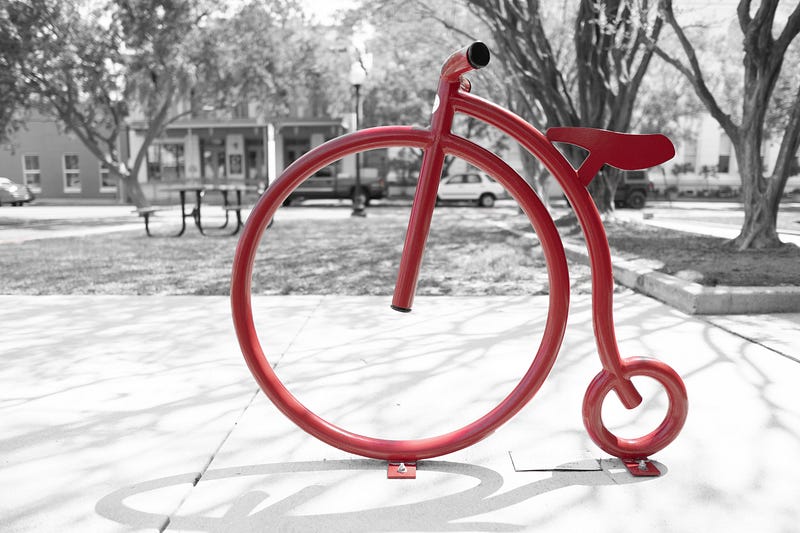 |
| Photo by Joshua Burdick on Unsplash |
Dear Readers,
Thank you for coming here!
I refer to a minor “thing” in my recent work.
1.The “Situation”
I am on a consulting engagement.
One of the managers of the client is very knowledgeable and supportive to us, which is really helpful.
I work closely with him.
Following up on a conversation we had, I sent him an email around noon Friday.
He replied around 9pm on Friday.
I saw his reply on Saturday morning.
It was a time-critical task. So I started to reply his email right after I saw it.
I wanted to be as clear as possible and as considerate as possible, so I spent almost half an hour writing a reply.
While checking whether I had everything covered, I noticed that he added his boss in the cc list of the email.
So the thoughts came to me: was he trying to show how hard working he was to his boss? Would it be good to show that I was even more hard working than him?
So should I hold this reply until Monday morning?
After a brief second, I sent the reply.
 |
| Photo by Ludovic Charlet on Unsplash |
2.The “Complication”
So what is the problem?
Well there are two.
Frist, if the manager was trying to show his hard working to his boss, my reply could hinder his effectiveness.
That could in turn affect his support level to the engagement, which would surely be a negative thing.
Second, retrospectively, I feel my underlying reasons for still sending the reply then were partly self-serving.
I recalled below reasons for sending the reply on Saturday morning:
- It is a time-critical task. Sending the reply out as early as possible could draw an earlier reply and thus accelerate the progress— Accepted
- It shows our commitment to the client — Accepted
- I have already written the reply. Sending it out will close this task for now on my end — Self-serving
- I want to show how hard working I am to my bosses. A few of the leadership team were in the email loop all along — Self-Serving
- Maybe the manager was not trying to show off his hard working or even if he was, my reply wont cause his support level to fall — Pure assumptions
So I decided maybe I was overthinking about this. I should just focus on the task itself and nothing else.
So I sent the reply.
While I do not know whether and how much the reply will affect the manager yet, the thought that 40% of the reasons for that “Send Now” decision was self-serving bothers me.
Maybe it was the right decision.
But even then, the end does not necessarily justify the means.
I know many examples where self-serving intent, even a minor one, ruins plans, progresses, projects, career, or even nations.
 |
| Photo by Tingey Injury Law Firm on Unsplash |
3.The “Resolution”
So what is the answer?
I am still exploring.
In other words, I do not know for sure.
But I think it is important in the decision process that we do not lose sight of the end goal.
The end goal here is successful delivery of valuable engagement to the client.
Then the manager’s support is more important than my self-serving intent: showing off my hard working and closing the task on my end.
While it is always good to show clients how committed we are to them, I do not think the client doubts our commitment to the engagement at that point.
Then it becomes a trade-off between the possibility of getting an early reply and the possibility of an “angry” manager reducing his support towards the engagement.
We could argue the possibility and the impact of each choice.
But I think at this point, whatever decision we make is acceptable and justified, because that is our best decision for the end goal (successful delivery of valuable engagement to the client) at this point based on best information and judgement available.
That does not guarantee the actual best decision though, but it is the best decision we could have.
Also, creative options might emerge also.
For example, I could reply just to him, taking away the concern of defeating his possible plan and at the same time retaining the possibility of an early reply.
But again, no guarantee this is the actual best decision either, as the other stakeholders might not be as informed as they should be and cause hiccups somewhere else.
 |
| Photo by Kelly Sikkema on Unsplash |
In the end
Self-serving intent could distort our actions and people on the receiving end could feel it.
And that could ruin everything we have worked so hard on.
So it is usually the best course of action to get rid of the self-serving intent.
And it is rightfully required of us. We are serving the client, not ourselves.
But do recognize also that this is, most of the time, the best choice for ourselves too. No one benefits from a failed engagement.
So focus on the end goal and carve out the self-serving intent.
We cannot guarantee the actual best decisions (no one can), but we can guarantee our best intent and thus our best judgement.
Till next time!
No comments:
Post a Comment